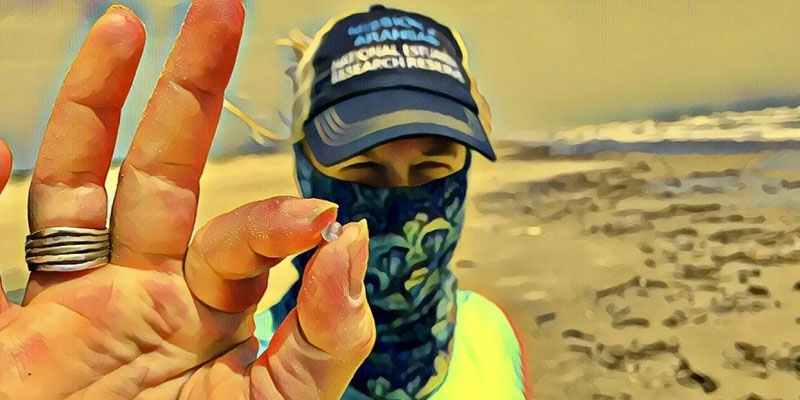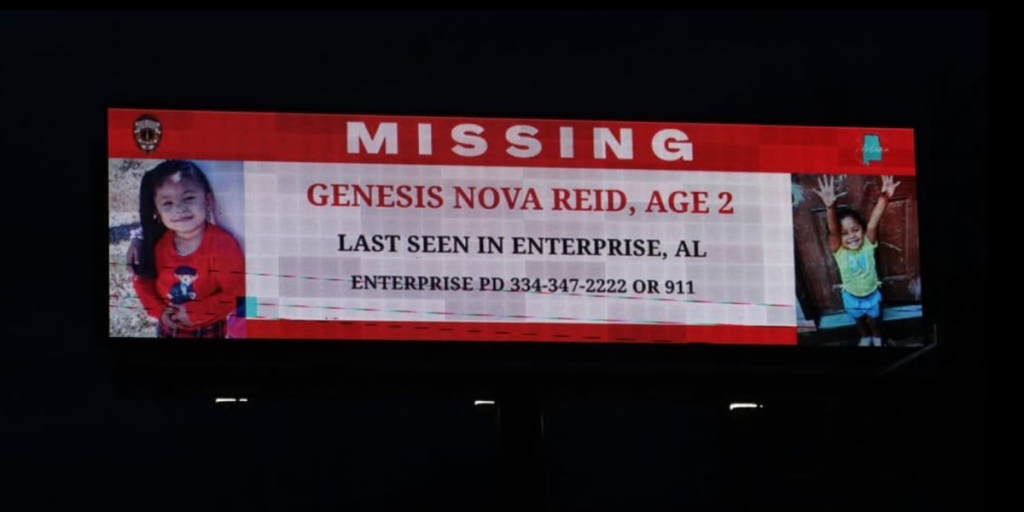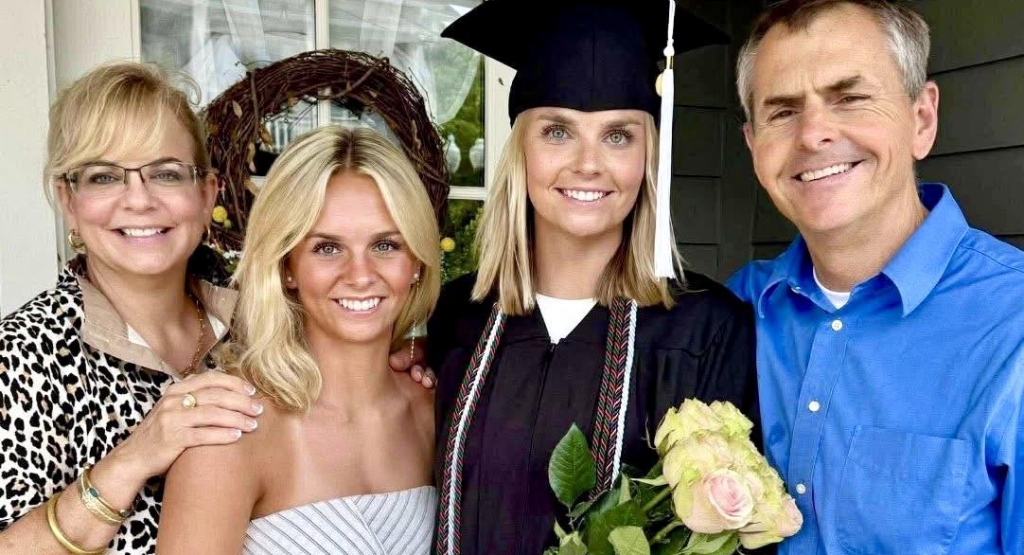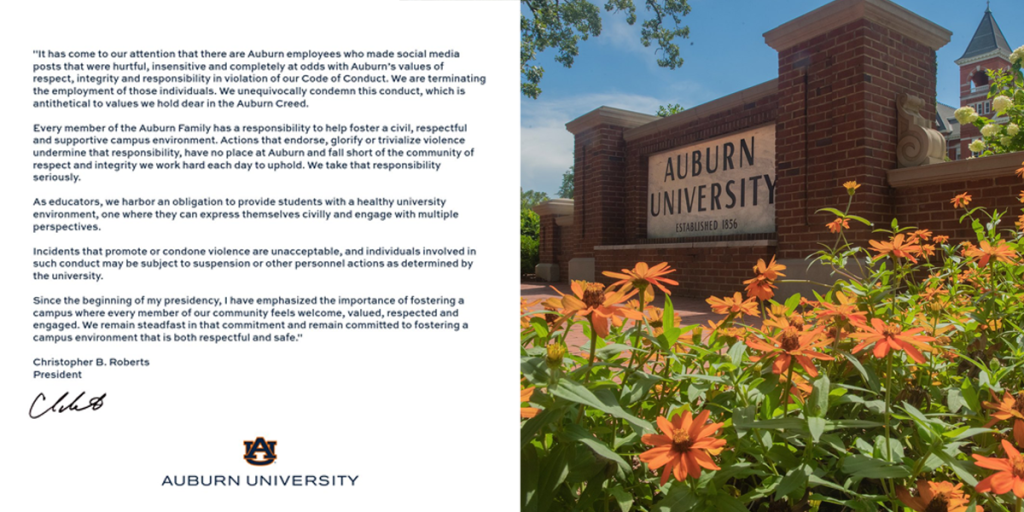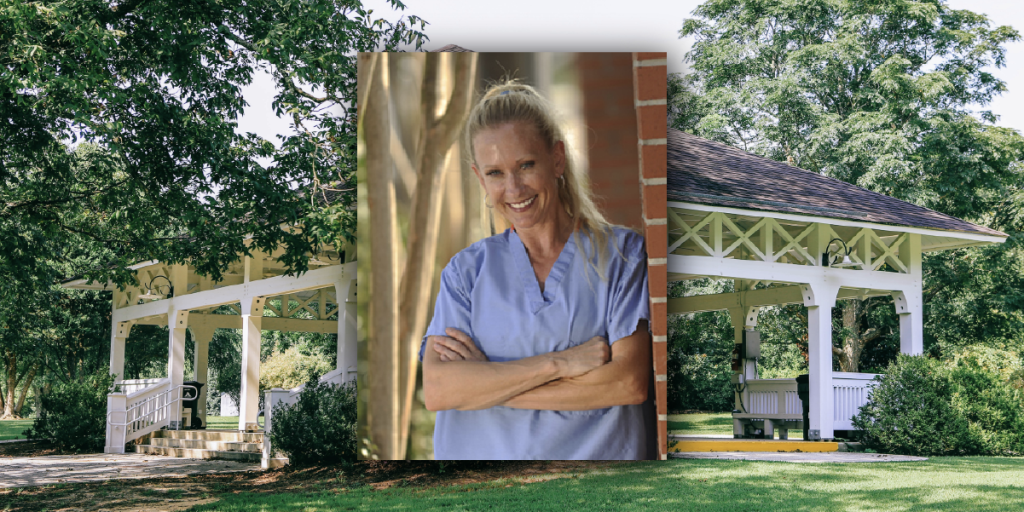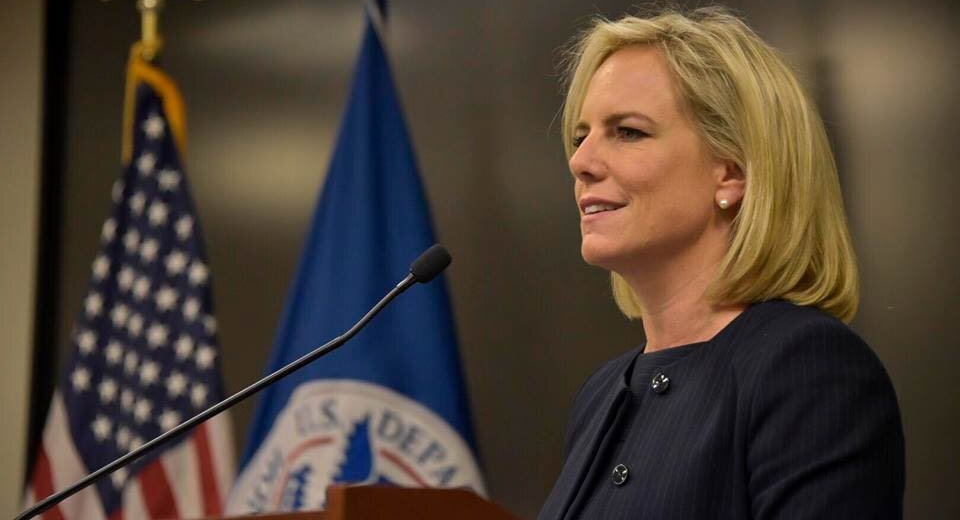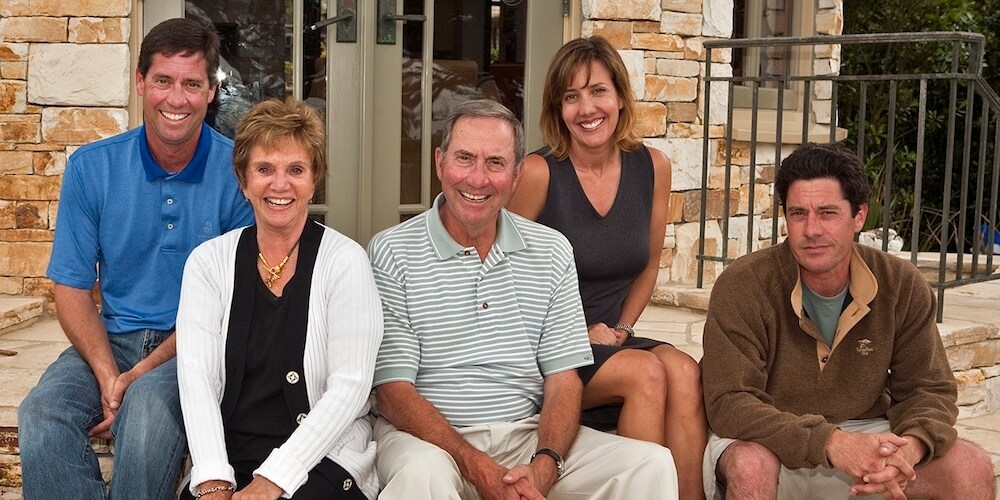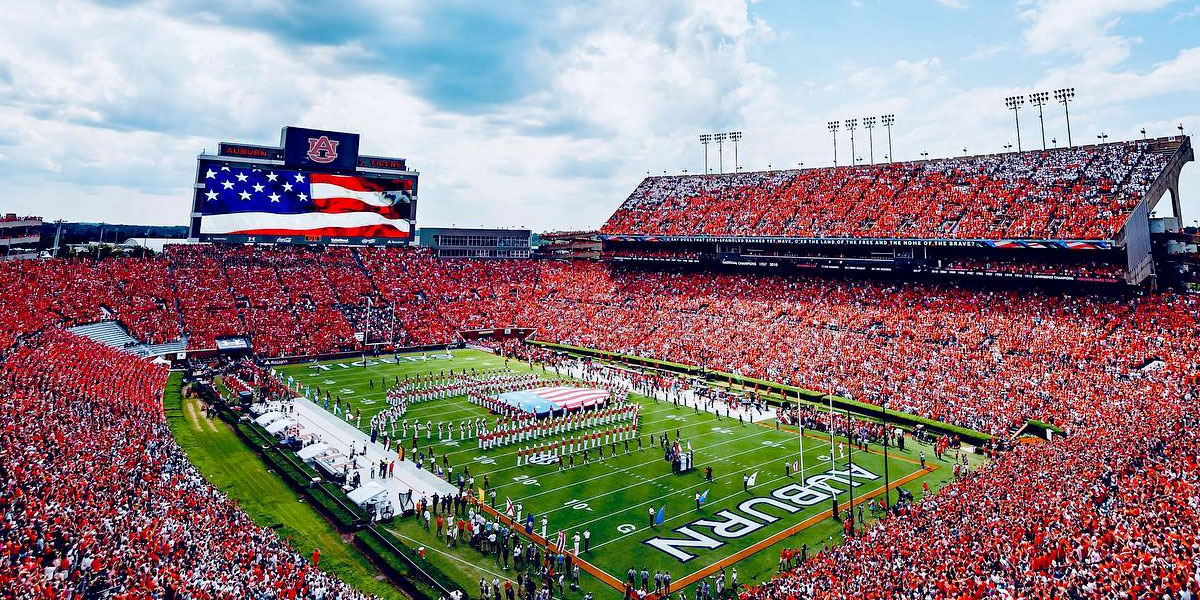Kelly Dunning, an assistant professor in Auburn University’s School of Forestry and Wildlife Sciences, was part of a team that created and implemented a volunteer-driven citizen science project called “Nurdle Patrol,” which measured microplastic pollution across the Gulf of Mexico.
The project’s open-access findings, “Measuring plastic pellet (nurdle) abundance on shorelines throughout the Gulf of Mexico using citizen scientists: Establishing a platform for policy-relevant research,” were published earlier this year in the Bulletin of Marine Pollution.
The vast scope of volunteer interest allowed for the project’s expansion across the Gulf region, with 744 citizen scientists conducting 2,042 surveys of microplastics from the shorelines of Mahahual, Mexico, to Fort Jefferson, Texas.
Dunning said the findings are a warning about the wide prevalence of microplastics, or “nurdles” – small plastic pellets composed of the raw material of nearly everything that is made of plastic – in the Gulf of Mexico, as well as the power of citizen science to bring about widespread awareness of marine pollution.
“Because of the many scales of policy implementation around microplastics – international, national, regional and local – there are significant challenges to getting all actors to work together to lessen microplastic spills into the environment,” said Dunning, whose role on the project was to analyze how citizen science informs decision-maker action, leading to policy that can reduce the amount of marine microplastic pollution.
“Private companies must act to lessen nurdle spills in production and transport phases, and local and state governments have the most power to work with companies to tighten microplastic security along the supply chain where leaks into coastal waters occur most,” she said.
The project began in 2018, when scientists at the Mission-Aransas National Estuarine Research Reserve, led by the organization’s director, Jace Tunnell, noticed nurdles on the beaches of Corpus Christi, Texas. From there, they established the Nurdle Patrol, which was made up of citizens tasked with monitoring the presence of nurdles.
Janaki Alavalapati, dean of Auburn’s School of Forestry and Wildlife Sciences, said this widescale, citizen science project will shed light on the vast presence of plastic particles bringing about marine pollution in the Gulf of Mexico.
“By taking on the arduous task of measuring the amount of microplastic spills in the Gulf of Mexico, Dr. Dunning and her fellow researchers, including the many citizen scientists who devoted their efforts to this project, have brought about widespread awareness that is likely to lead to serious action that will not only address the current problem, but also substantially decrease microplastic spillage in the future,” Alavalapati said.
Dunning said the work could not have been done without the hard work of the citizens.
“It would have been completely impossible,” she said.
An interesting and encouraging fact about this massive research is that it originated in research done by Tunnell’s daughter, Parker.
“This started as her science fair project. So, it shows how young women in STEM (science, technology, engineering and math) can lead to huge movements that span countries, states and communities,” Dunning said.
Tunnell agreed the scope of the study would be insurmountable without the contribution of the widespread group of volunteers.
“The extent, frequency and visibility of the project all depends on citizen scientists,” Tunnell said. “This could not be done by one single group of researchers, and it is so inspiring to work with such compassionate groups of individuals wanting to make a difference on plastics reaching the ocean.”
This story originally appeared on Auburn University’s website.
(Courtesy of Alabama NewsCenter)




